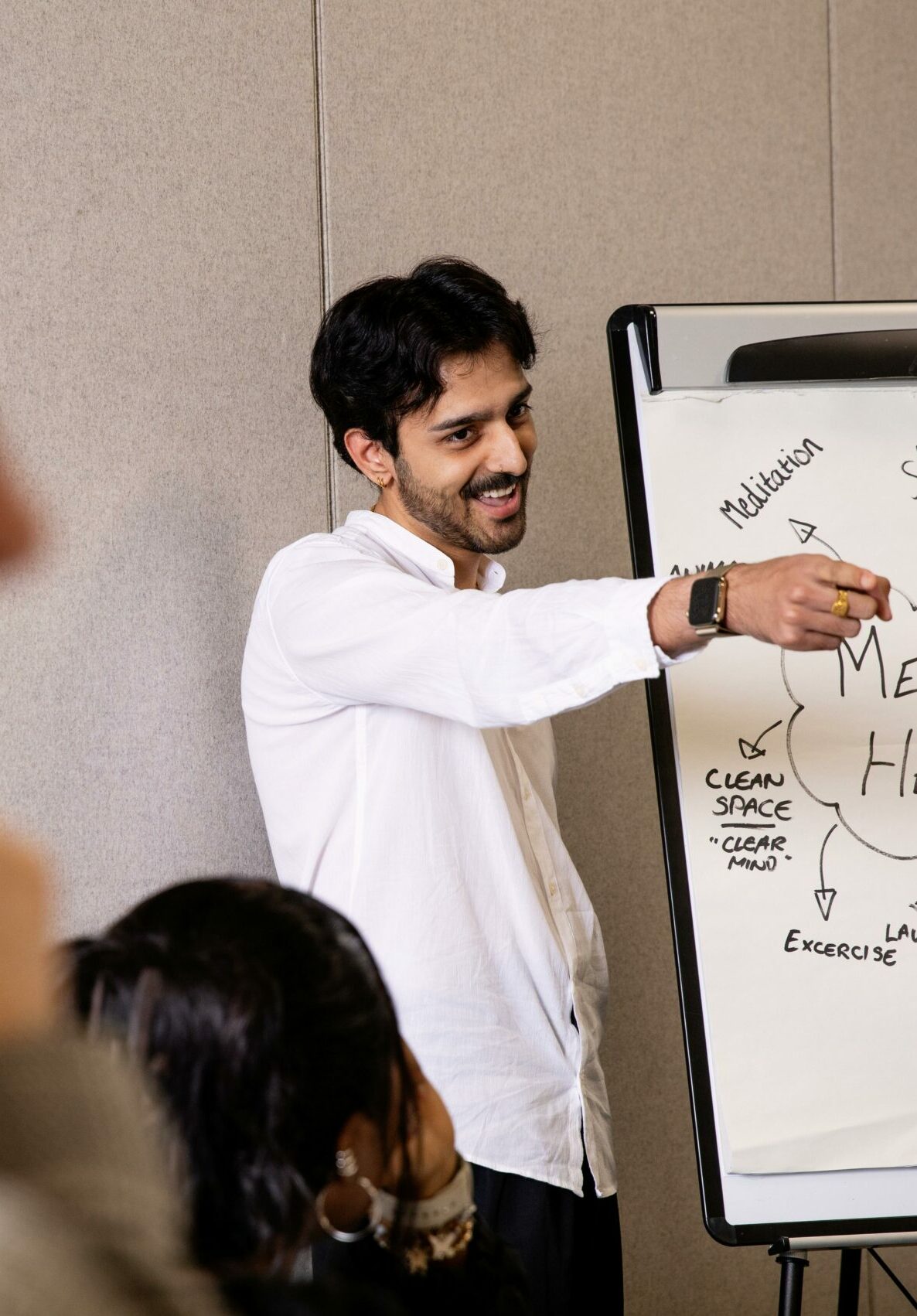Studying Education at Cambridge
- UCAS Code: X300
- How many are admitted to Cambridge every year: 37
- Minimum offer: A*AA, 41-42 points at IB, with 776 at Higher Level.
- Useful subjects: English (language or literature), History, Languages, Social science subjects
The Faculty of Education at the University of Cambridge is world-leading department, currently ranked Number 1 in the UK for Education, according to The Complete University Guide 2025. The Faculty of Education has excellent resources and state-of-the-art research facilities, including a psychology laboratory and a library that houses one of the UK’s best education collections. Active research forms the foundation of our teaching so you’re taught by academics at the forefront of their fields and who specialise in cutting-edge research.
On the Education course, you’ll study educational practices, institutions and ideas in depth. To do this you’ll consider these areas from a diverse range of perspectives. We will offer you a grounding in different disciplinary approaches in the study of education. If you’re interested in the psychology, politics or social and cultural contexts of education and learning, you can study it on our Education course.
The course at Cambridge is a rigorous and rewarding interdisciplinary degree. Our course offers a broad, compulsory introduction in the first year, followed by the opportunity to select papers across a range of disciplines in years two and three.
What can I do with a degree in Education?
Our course provides excellent preparation for a wide range of Masters and doctoral research programmes, both at Cambridge – each track has close links to related MPhil programmes within the Faculty – and elsewhere.
Alternatively, for those intending to teach, the course provides a foundation from which to proceed to some initial teacher training courses in primary education.
The career options for graduates are extremely varied and they find employment in a wide range of occupations in the UK and abroad. As well as further study and teaching, our students have gone into research, educational research and neuroscience publishing, and the Civil Service. Others now work in government policy and administration, the media, theatre, heritage and museum education, HR, business and consultancy, charities and NGOs, and international development.
For more information, please visit the University Careers Service website.

How to Apply
Applications for all courses are made through UCAS. You must apply by 15 October 2025 to be considered for entry in October 2026.
Requirements
Written Work
Admissions Assessment
Interviews
Deferred entry
Affiliated students
What is a typical Term’s work
Weekly supervisions taught in Colleges are the focal point of the academic week, providing personal supervision and the opportunity to debate with and learn from senior academics and subject leaders. They are usually taught one-on-one or in small groups. You will write essays or prepare other materials for these sessions, in which you will receive constructive feedback on your work and further guidance.
You are taught in a mix of college based small group supervisions and Faculty lectures and classes. You typically attend four to six lectures or seminars, alongside one or two hours of supervision each week.
You are assessed at the end of each year. Depending on the papers studied, this will be thorough practical work, coursework, written examination, or a combination of these. In the third year, all students also submit a dissertation.
People
- Dr Jonathan Padley, Director of Studies
- Dr William Farr, Fellow
- Dr Philip Gardner, Fellow
- Dr Mandy Swann, Fellow


